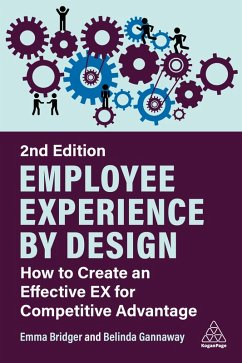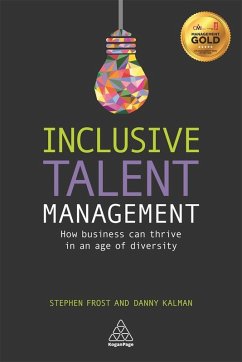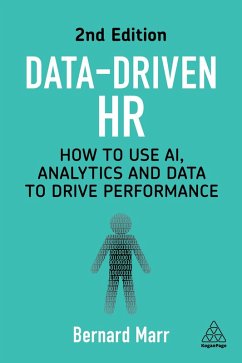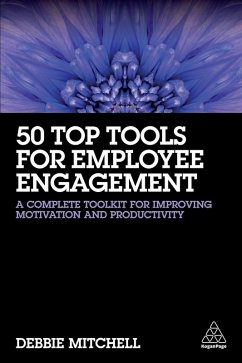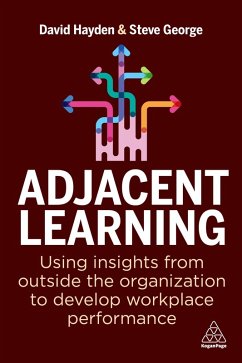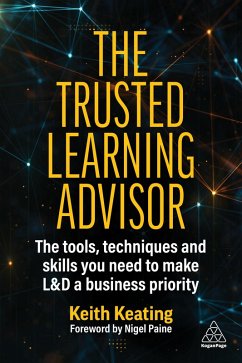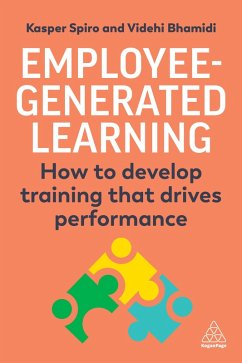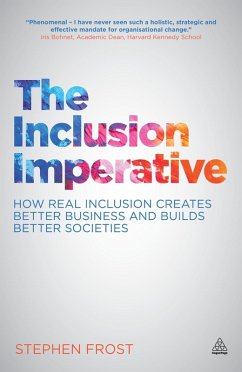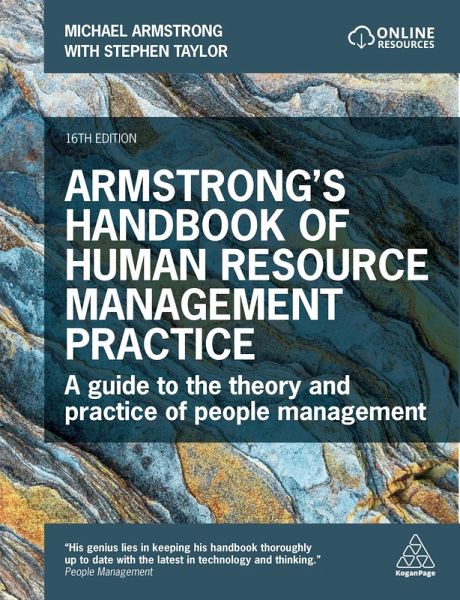
Armstrong's Handbook of Human Resource Management Practice (eBook, ePUB)
A Guide to the Theory and Practice of People Management
Versandkostenfrei!
Sofort per Download lieferbar
39,95 €
inkl. MwSt.
Weitere Ausgaben:

PAYBACK Punkte
20 °P sammeln!
Armstrong's Handbook of Human Resource Management Practice is the definitive resource for HRM students and professionals, helping readers understand and implement HR to align with business needs.This book provides detailed coverage of all areas essential to the HR function such as employment law, employee relations, learning and development, performance management and reward management. It also covers the HR skills needed to ensure professional success, including leadership, managing conflict, interviewing and using statistics. It is illustrated throughout in full colour and has a range of ped...
Armstrong's Handbook of Human Resource Management Practice is the definitive resource for HRM students and professionals, helping readers understand and implement HR to align with business needs.
This book provides detailed coverage of all areas essential to the HR function such as employment law, employee relations, learning and development, performance management and reward management. It also covers the HR skills needed to ensure professional success, including leadership, managing conflict, interviewing and using statistics. It is illustrated throughout in full colour and has a range of pedagogical features to consolidate learning such as source review boxes, key learning points and case studies from international organizations such as IBM, HSBC and Johnson and Johnson. This fully updated 16th edition includes new chapters on managing remote workers and developments in digital human resource management practices. There are also updates to reflect the changes throughout the HR function, such as performance leadership, 'smart' reward and employee wellbeing.
Armstrong's Handbook of Human Resource Management Practice is suited to both professionals and students of undergraduate and postgraduate degrees. It is also aligned with the Chartered Institute of Personnel and Development (CIPD) profession map so can be used by those studying the Associate Level 5 and Advanced Level 7 qualifications. Online supporting resources include comprehensive handbooks for lecturers and students, lecture slides, all figures and tables, toolkits, and a literature review, glossary and bibliography.
This book provides detailed coverage of all areas essential to the HR function such as employment law, employee relations, learning and development, performance management and reward management. It also covers the HR skills needed to ensure professional success, including leadership, managing conflict, interviewing and using statistics. It is illustrated throughout in full colour and has a range of pedagogical features to consolidate learning such as source review boxes, key learning points and case studies from international organizations such as IBM, HSBC and Johnson and Johnson. This fully updated 16th edition includes new chapters on managing remote workers and developments in digital human resource management practices. There are also updates to reflect the changes throughout the HR function, such as performance leadership, 'smart' reward and employee wellbeing.
Armstrong's Handbook of Human Resource Management Practice is suited to both professionals and students of undergraduate and postgraduate degrees. It is also aligned with the Chartered Institute of Personnel and Development (CIPD) profession map so can be used by those studying the Associate Level 5 and Advanced Level 7 qualifications. Online supporting resources include comprehensive handbooks for lecturers and students, lecture slides, all figures and tables, toolkits, and a literature review, glossary and bibliography.




